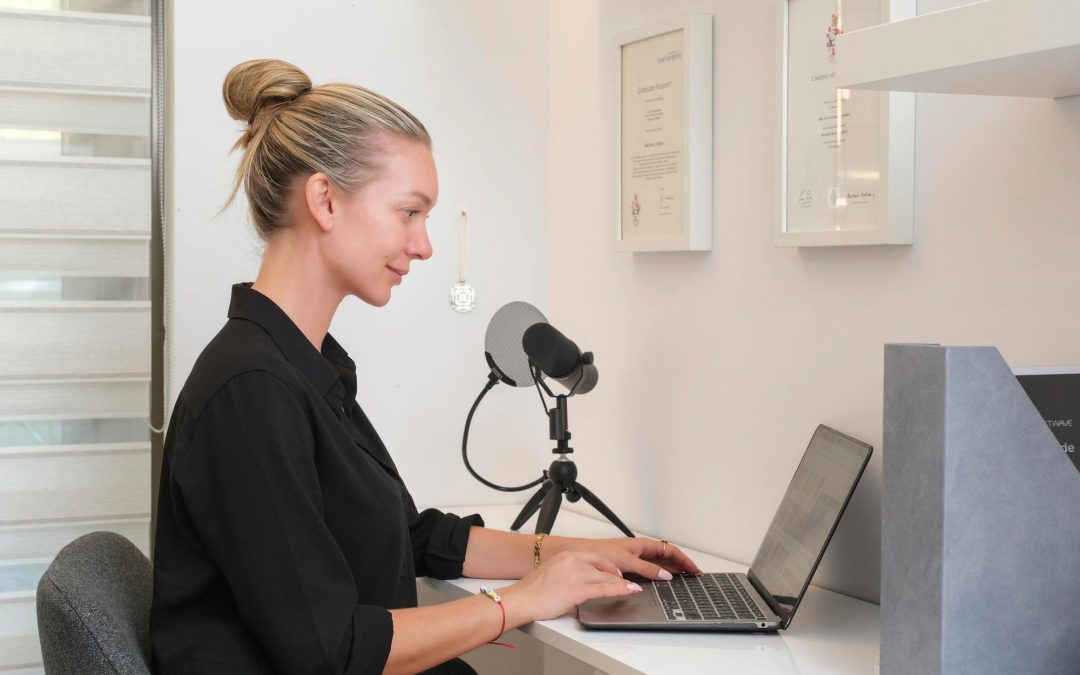In today’s fast-paced and ever-evolving world, access to mental health services has become more critical than ever. With advancements in technology, online psychotherapy has emerged as a convenient and effective alternative to traditional in-person therapy. This article explores what online psychotherapy entails, how it works, its benefits, limitations, and who can benefit from it.
What Is Online Psychotherapy?
Online psychotherapy, also known as teletherapy or e-therapy, refers to the delivery of therapeutic services through digital platforms. It allows individuals to connect with licensed therapists via video calls, phone calls, chat, or email. The concept is not new; it has evolved over the past two decades, gaining significant traction during the COVID-19 pandemic when face-to-face interactions were restricted.
The history of online psychotherapy dates back to the late 1990s when early adopters began experimenting with text-based counseling. Over time, advancements in video conferencing tools and secure communication platforms have made it possible to replicate the intimacy and effectiveness of in-person sessions virtually.
How Do Online Psychotherapy Sessions Work?
Online therapy sessions are conducted using various platforms and technologies. Popular options include Zoom, Skype, Microsoft Teams, and specialized telehealth platforms designed specifically for mental health services. These platforms often offer features such as encrypted communication, screen sharing, and virtual whiteboards to enhance the therapeutic experience.
Communication methods vary depending on personal preference and the nature of the issue being addressed:
- Video Calls: Provide a face-to-face interaction that closely mimics traditional therapy.
- Chat/Text Messaging: Ideal for those who prefer written communication or have hearing impairments.
- Email Therapy: Allows clients to reflect on their thoughts before sending them to their therapist.
To set up your virtual environment, ensure you have:
- A stable internet connection
- A private, quiet space free from distractions
- A device (computer, tablet, or smartphone) with a working camera and microphone
Requirements for Online Therapy
Before starting online psychotherapy, consider the following:
- Technical Requirements: Reliable internet service, updated software, and a compatible device are essential.
- Identifying a Qualified Therapist: Look for licensed professionals with experience in online therapy. Platforms like Psychology Today or BetterHelp can help you find verified therapists.
Who Can Benefit from Online Psychotherapy?
Online psychotherapy is suitable for a wide range of individuals and conditions, including anxiety, depression, stress management, relationship issues, and trauma recovery. It is particularly beneficial for:
- People with Mobility Issues: Those unable to travel due to physical disabilities or chronic illnesses.
- Individuals in Remote Areas: People living in rural or underserved regions where mental health services are scarce.
- Busy Professionals and Students: Individuals juggling demanding schedules who need flexible appointment times.
Age and demographic considerations also play a role. While adults and teenagers adapt quickly to digital formats, older adults may require additional support to navigate the technology.
Advantages of Online Psychotherapy
- Accessibility and Convenience: No commuting required—sessions can be attended from anywhere with an internet connection.
- Flexibility in Scheduling: Many therapists offer evening or weekend appointments to accommodate busy lifestyles.
- Comfort of Home Environment: Being in a familiar setting can make clients feel more relaxed and open during sessions.
Limitations and Challenges
Despite its many advantages, online psychotherapy comes with some challenges:
- Technical Difficulties: Internet connection issues or software glitches can disrupt sessions.
- Lack of Physical Presence: Non-verbal cues may be harder to interpret without in-person interaction.
- Insurance and Cost Considerations: Not all insurance plans cover online therapy, and out-of-pocket costs can vary widely.
Common Concerns and Misconceptions
Some people question whether online therapy is as effective as traditional psychotherapy. Research shows that outcomes are comparable, provided there is a strong therapeutic alliance between the client and therapist. Confidentiality worries are another common concern, but reputable platforms prioritize data protection and privacy.
Skepticism about online therapy often stems from unfamiliarity with the format. Educating potential clients about the process and addressing their concerns can help overcome resistance.
Comparing Online and In-Person Therapy
While both formats aim to achieve similar goals, there are key differences in interaction:
- Non-Verbal Cues: In-person sessions allow therapists to pick up on subtle body language that might be missed online.
- Engagement Levels: Some clients report feeling more engaged in person, while others appreciate the anonymity and comfort of virtual sessions.
Ultimately, the choice between online and in-person therapy depends on individual preferences and circumstances.
Should you feel ready to book your first online therapy session, you can easily do so by clicking here.


